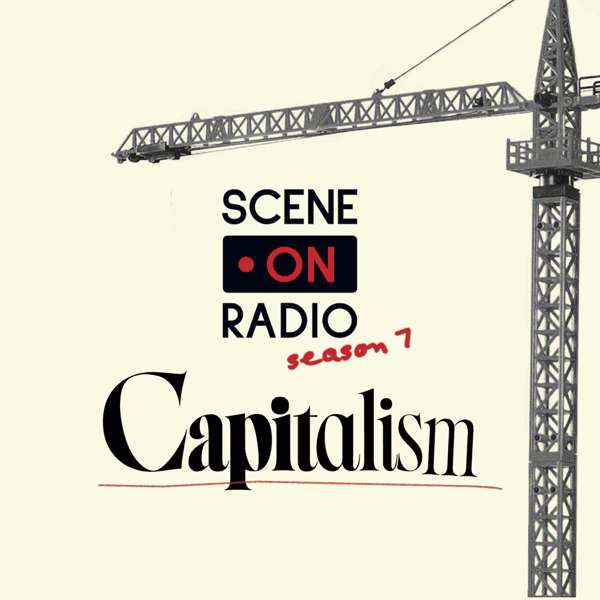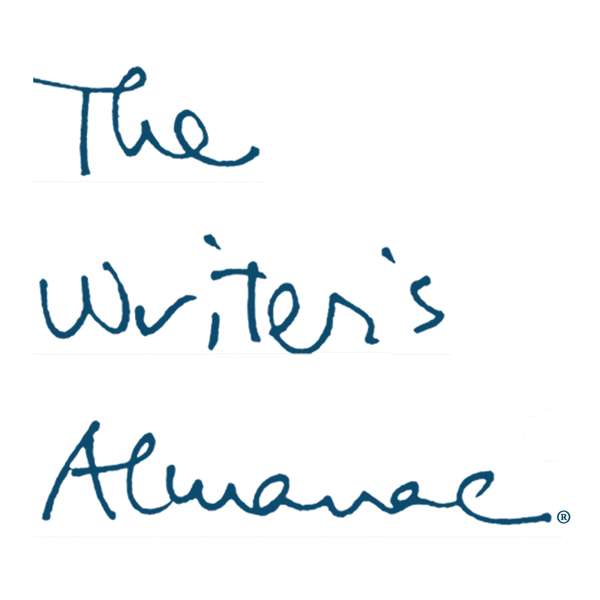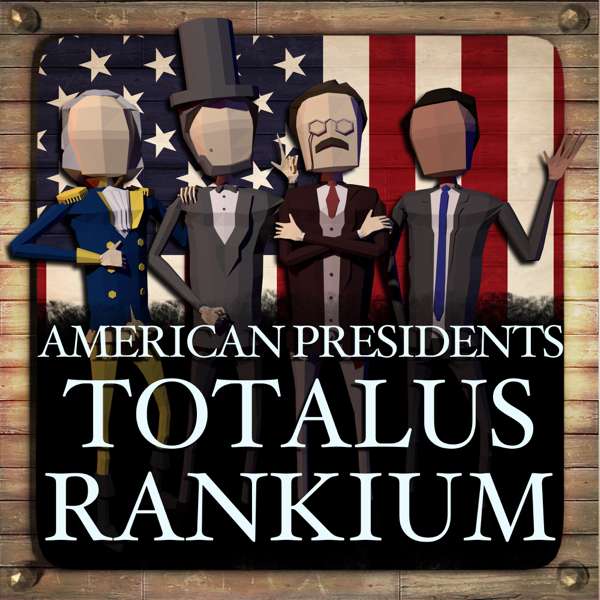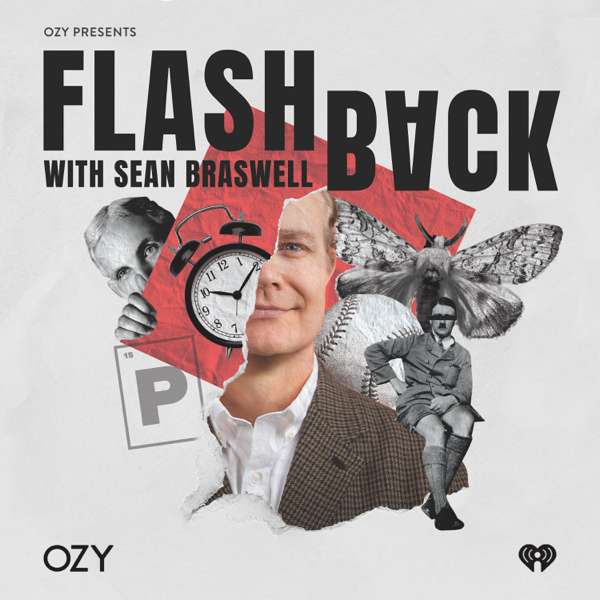This is part 2 of a series I’ve been working on with Daniele Bolelli. In part 1, he covered the 1864 Sand Creek Massacre carried out by the US Army. I was working on my next major series when Daniele asked me to do a companion episode on My Lai, and I couldn’t pass up the opportunity. From his description:
“Because I felt like I was ordered to do it, and it seemed like that, at the time I felt like I was doing the right thing.” —Private First Class Paul Meadlo explaining his role in the My Lai Massacre.
“How do you shoot babies?” Meadlo was then asked. His reply… “I don’t know. It’s just one of them things.”
“I felt then and I still do that I acted as I was directed, and I carried out the order that I was given and I do not feel wrong in doing so.” — Lieutenant William Calley Jr. addressing his own leadership during the action.
“Every Day/ On our fellow man we prey/ Dog eat Dog/ To Get by/ Hope you like my genocide” — The Offspring
“Hello darkness, my old friend…” — Simon and Garfunkel
“I believe now it is but the commencement of war with this tribe, which must result in their extermination.” — Major Jacob Downing
“Damn any man who sympathizes with Indians! … I have come to kill Indians, and believe it is right and honorable to use any means under God’s heaven to kill Indians. … Kill and scalp all, big and little; nits make lice.” — Quote attributed to Colonel John Chivington
“They were so honorable and so strong, but I felt like they were alone and sometimes when you want to do the right thing, the people that want to do the right thing suffer… even today.” —Lorraine Waters about Silas Soule and Joseph Cramer
“It was hard to see little children on their knees… having their brains beat out by men professing to be civilized.” — Silas Soule
I’m not going to lie. This is one of the darkest episodes of History on Fire. But there are reasons for this journey into the heart of darkness. The stories of Sand Creek and My Lai offer an opportunity to explore human agency, the choices separating good and evil, and how some individuals can choose to become sources of light even in the most horrible circumstances. In part B, I hand the microphone to my friend and master podcaster Darryl Cooper (from The Martyrmade Podcast.) Darryl explores the context of the Cold War in order to come to terms with what happened at My Lai, in Vietnam, in 1968. Horror abounds, but if you are looking for heroes in the midst of the horror, you can do a lot worse than hear about the story of Hugh Thompson.

 Our TOPPODCAST Picks
Our TOPPODCAST Picks  Stay Connected
Stay Connected







